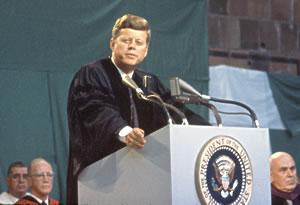bripat9643
Diamond Member
- Apr 1, 2011
- 170,170
- 47,329
- 2,180
Now American citizens are "tics".
Yes, many of them are. To be polite, we call these people "Democrats."
You do know a good deal of homeless were veterans of one war or another, right?
"Tics".
Being a veteran doesn't entitle you to a free ride for the rest of your life.


